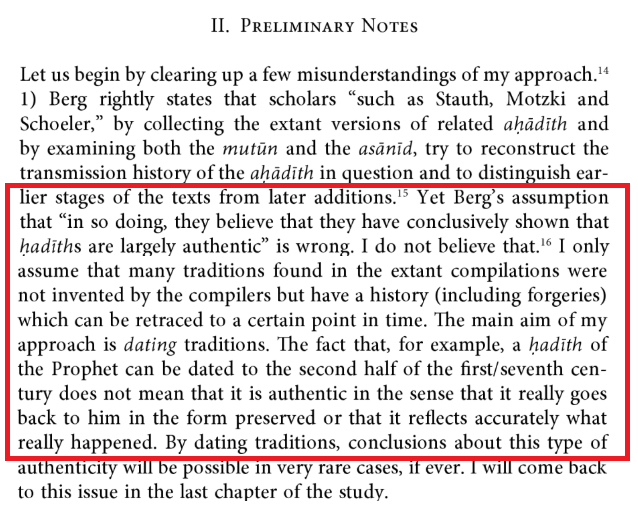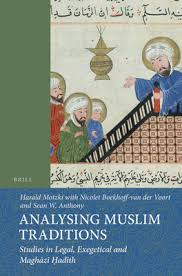Some instances citations of Q. 112 from the Umayyad period below ...
https://twitter.com/PhDniX/status/1484498586515746816
• • •
Missing some Tweet in this thread? You can try to
force a refresh























